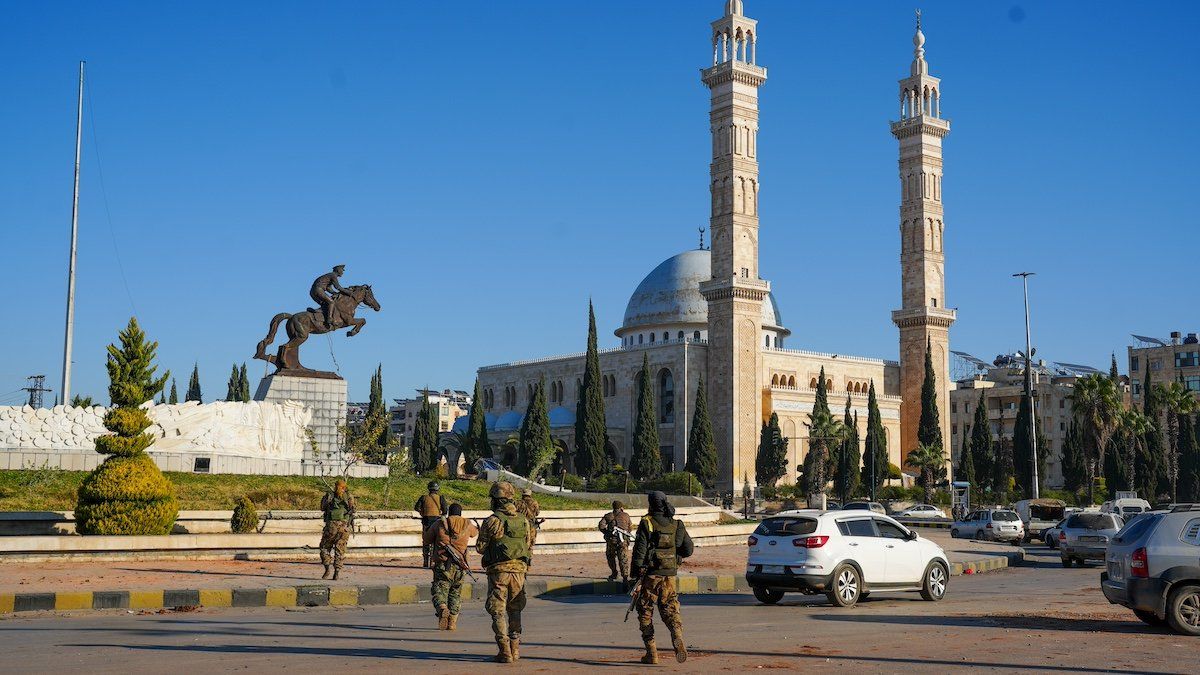Anti-government forces opposed to Syrian President Bashar Assad launched a shock attack on the largest city, Aleppo, on Saturday. Amid the ongoing fighting, rebels have seized the city’s airport and military academy and struck the entrance of Aleppo University Hospital,killing 12 civilians and injuring 23 others. Led by the Salafi jihadi group Hayat Tahrir al-Sham — a terrorist organization with past ties to al-Qaida, now often but not always backed by Turkey – insurgents claim to control territory across Hama, Idlib, and Aleppo provinces. They are demanding that US-aligned Kurdish forces retreat from neighborhoods they hold in Aleppo.
Assad has ordered his forces to counterattack and met with Iranian Foreign Minister Abbas Araghchi in Damascus on Sunday. Russia also expressed support for its ally and claimed its forces in Syria had engaged with the rebels.
Why now? Israel’s destruction of Hezbollah in Lebanon seems to have helped tip the balance, according to Eurasia Group expert Emre Peker.
“HTS has been observing the shifting regional dynamics and agitating to take advantage of Assad’s relative weakness for months. With Russia preoccupied with Ukraine and Iran and its proxies effectively targeted by Israel, HTS felt the time was ripe to strike,” he said.
Peker elaborated that Ankara will back the rebels as long as their offensive also serves Turkish interests, whileRussia has lent what military support it can to Assad. “Erdogan will not want to oust Assad, rather to weaken him to both normalize Turkey-Syria relations and pave the way for a settlement to the 13-year-old Syrian civil war,” he said.
What about the US? The conflict creates a dilemma for Washington which under President Barack Obama supported rebel groups fighting Assad’s brutal dictatorship, but HTS’s fundamentalist roots are cause for concern. Asli Aydintasbas, a visiting fellow at the Brookings Institution, noted the quandary: “Should [the US] be cheering the opposition taking over Syria’s second-largest city Aleppo, or should they actually worry about the city falling under Islamist rule?”
So far,the Biden administration has distanced itself from the offensive, calling for de-escalation and a political solution – but we’re watching how long Washington can stay on the sidelines if the conflict escalates.
